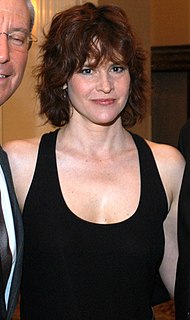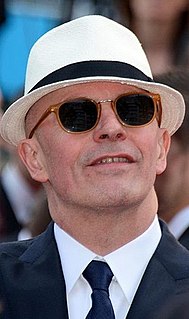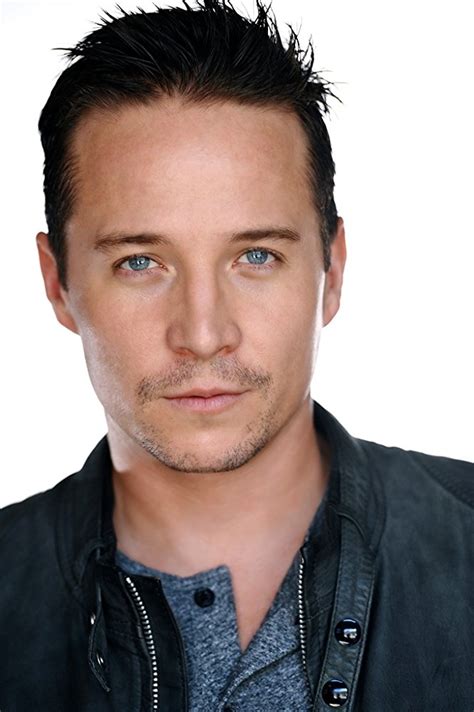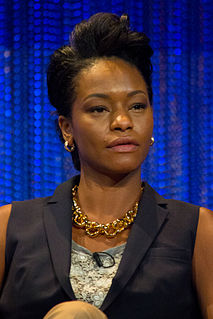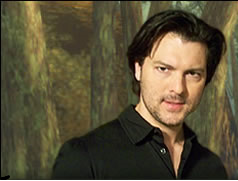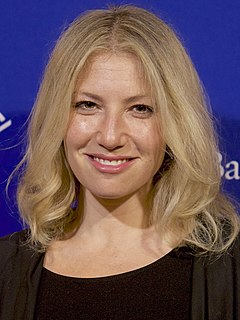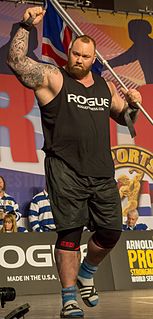A Quote by Ally Sheedy
I think that acting involves doing your job so well that you are able to help the viewer identify with the character.
Related Quotes
I think 'Scarface' is a great film, but if you have a character like Tony Montana, you don't identify with him at all. I think it's very interesting instead to identify yourself with a character you don't like all the time. You can create a tension between the fiction and the viewer. You force the spectator to wonder about his actions.
Whether people identify as feminists or not, if they're doing work that furthers a feminist cause, I think that's wonderful, like if it works for me, right, it works for the movement. But I do think that personally they're missing out. If you don't identify as a feminist, you're missing out on this whole community that's out there that could really help you with your work, help you with your personal life, and just give you support.
The "magic if" is a tool invented by Stanislavski, the father of acting craft, is to help an actor make appropriate choices. Essentially, the "magic if" refers to the answer to the question, "What would I do if I were this character in this situation?" Note that the question is not "What would I do if I were in this situation?" What you would do may be very different from what the character would do. Your job, based on your analysis of the script, the scene, and the given circumstances regarding the who of your character, is to decide what he or she would do.
I love acting. I think that's the best job in the world, but I don't really enjoy the career of it so much. You don't have as much control over your life or the material as you do, well, certainly when you're a director or a producer, so while I love acting, I prefer to make my living as a filmmaker, but my rule on acting is if somebody asks me to do a part, I'll do it.
I think you should identify with your character, but plenty of people like themselves and hate themselves. You just have to find out what's truthful for the person you're playing. When people talk about that, I think what they're saying is that as an actor, as Peter, you don't want to make a judgment that comes from your worldview about the character. Your judgments should be coming from the place of the character, and within that space, sure, you could love or hate yourself or whatever you think is most appropriate.
My general view is that best actor best suited to role should get the job. Obviously when it comes to colour and issues of ethnicity the choice is clear. But I do not believe you have to be transgender or have undergone sex reassignment surgery to be able play a character who has.Acting is acting after all.
I started doing community theater when I was seven and I think the intent was just expression. When you're a musician, you can make music in your room, and when you're a writer, you can write. Acting is one of the tricky art forms where you need a certain amount of permission to be able to do it. You can talk to yourself in the mirror, but it's different than actually acting or doing a scene. You need an audience and you need someone else to do it with.
Very rarely have I worked with a director where we've been at odds. And by the time you've actually talked to somebody and you have the job, there's something that they see in you that they want you to bring to the character. And the best director says very little to you, acting-wise. They usually just say, "Okay, here's the shot." It's their job to do all that stuff, and your job's to do the acting. So it's very rare that somebody will say, "Oh, no. I conceived this very differently".
